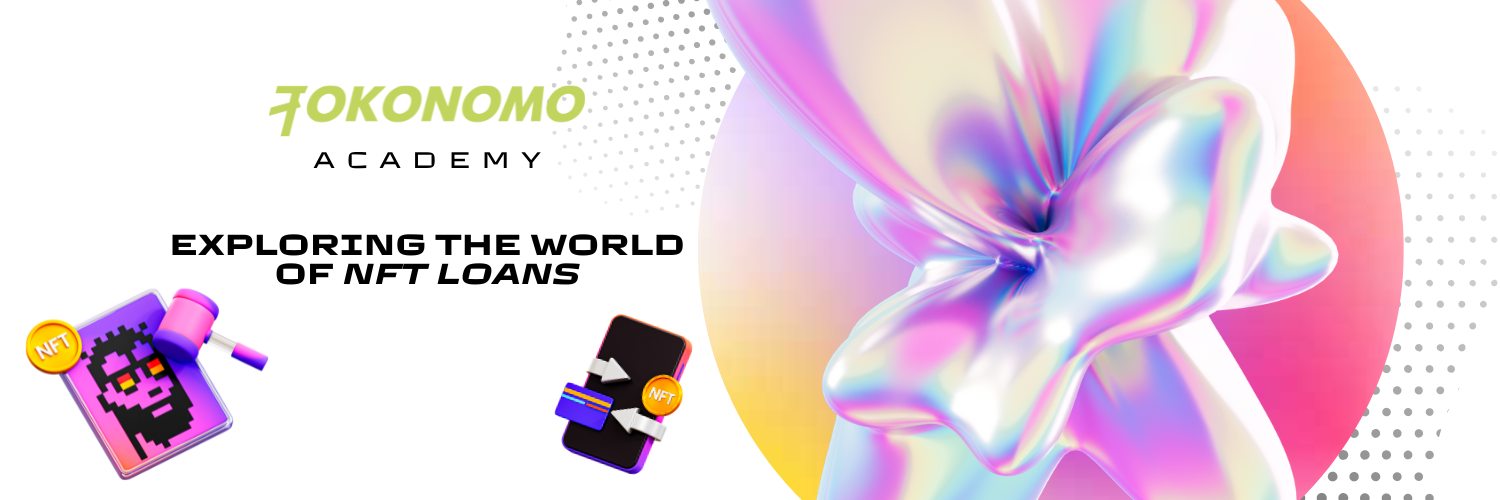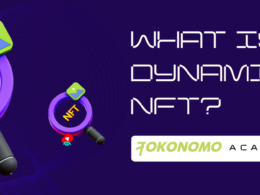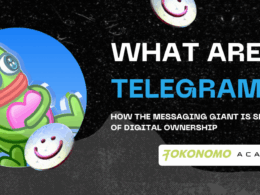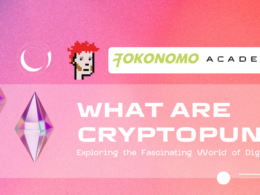What are NFT Loans?
NFT loans, as the term implies, encompass a loan category within the cryptocurrency realm wherein non-fungible tokens serve as the underlying collateral. Historically, within the realm of decentralized finance (DeFi), loans have been fortified using fungible tokens like Bitcoin and Ether. However, given the escalating value and widespread appeal of NFTs, platforms are extending the prospect to NFT holders to leverage their holdings as collateral for loans.
Some of the most esteemed NFT collections feature individual items appraised at sums reaching tens of thousands of dollars. The concept of NFT loans empowers NFT proprietors to conveniently acquire liquidity without the necessity of divesting their NFTs. This innovation effectively bridges the domain of decentralized finance into the realm of digital arts, collectibles, virtual real estate, and other distinct tokenized assets.
Benefits of NFT Loans
NFT loans bring forth a multitude of advantages, encompassing the following aspects:
- Liberation of liquidity
Individuals possessing high-value NFTs have the capability to liberate liquidity without parting ways with their assets. This facet can prove advantageous for those who hold steadfast in the enduring value of their NFTs, yet find themselves in need of immediate financial resources.
- Enlarging the domain of DeFi into the realm of digital art
NFT loans establish a pathway for proprietors of NFTs to engage in DeFi by opting for loan arrangements. This potentiality could hold particular merit for artists or enthusiasts in the NFT sphere, as it enables them to harness the potential of their digital assets within the DeFi landscape.
- Exemption from credit assessments
Comparable to other instances of DeFi loans, loans secured by NFTs bypass the necessity for credit evaluations. This confers a notable advantage upon individuals who possess lower credit scores or those who encounter limitations in accessing conventional banking services.
Possible Risks of NFT Loans
It’s important to emphasize that NFT loans come with inherent risks that should be carefully taken into account. The value of NFTs can exhibit an extraordinary degree of volatility, which in turn can create challenges when attempting to precisely assess their value. Additionally, NFTs tend to possess lower levels of liquidity compared to conventional cryptocurrencies. This distinction implies that should a borrower fail to meet their obligations, the lender might encounter complexities when endeavoring to vend the NFT to recuperate their invested funds.
The risks affiliated with NFT loans encompass the subsequent facets:
- Price Volatility: The value of NFTs often experiences marked fluctuations, rendering the accurate evaluation of their value for loan collateral purposes a formidable task. This situation could potentially result in scenarios where the assessed value of NFT plummets below the designated loan value, ultimately triggering a process of liquidation.
- Lack of Liquidity: NFTs commonly exhibit diminished liquidity compared to their crypto counterparts. In cases where a borrower defaults on their loan, the lender could find themselves grappling with challenges while attempting to offload the NFT in order to reclaim their invested capital.
- Smart Contract Risk: NFT loans, akin to various other DeFi protocols, are typically governed by smart contracts. These digital agreements are susceptible to bugs or vulnerabilities that malicious actors might exploit, potentially leading to the loss of either funds or NFTs.
- Regulatory Uncertainty: Similar to other aspects of the DeFi landscape, there exists a level of ambiguity regarding the regulatory framework encompassing NFT loans. The evolution of future regulations holds the potential to impact the feasibility of NFT loans and potentially introduce supplementary compliance prerequisites.
How to get an NFT Loan?
NFT loans operate in a manner similar to crypto loans, and here’s a simplified breakdown of how they function:
- Loan Request by Users: Individuals who own NFTs use these digital assets as collateral and submit loan requests through lending platforms specifically designed to accommodate NFT loans.
- Assessment of NFT Value: The lending platform, or participants within the platform, evaluate the NFT’s worth. This evaluation can be more straightforward when the NFT boasts a consistent value history in secondary markets. However, for NFTs with limited historical data or uniqueness, valuation becomes complex due to the subjective nature of determining their value.
- Granting the Loan: After reaching a consensus on the NFT’s value, the lender disburses a loan to the NFT holder. This loan is typically issued in a stablecoin. A smart contract is then employed to secure the NFT within it until the loan is fully repaid. The smart contract defines the specifics of the loan, including the desired loan amount, duration, and applicable interest rate.
- Repayment of the Loan: Upon the borrower’s successful repayment of the loan, the NFT is released from the smart contract and returned to the owner. Conversely, if the borrower fails to fulfill the loan terms, the smart contract executes an automatic transfer of the NFT to the lender. This process is commonly referred to as “liquidation.”
Individuals seeking NFT loan platforms can locate them by perusing a platform’s product offerings or by exploring different DeFi (Decentralized Finance) Decentralized Applications (dApps). To ensure a favorable borrowing experience, it’s advisable to conduct comprehensive research in order to identify a platform with favorable loan conditions, a solid reputation, and a proven track record. One of the most popular dApps for NFT loans is NFTfi. The NFTfi service fee for lenders is 5% of the interest earned by lenders on successful loans, while borrowers pay a 0% fee (NFTfi is a peer-to-peer protocol, and all loan terms are fixed between a lender and a borrower).


Conclusion
NFTs have experienced a surge in popularity due to their ability to tokenize a diverse array of assets, spanning from digital art to real estate. The emergence of NFT loans marks a captivating advancement within the realm of Decentralized Finance (DeFi), presenting novel liquidity avenues for possessors of exceptional digital assets.
While the advent of NFT loans introduces a fresh mechanism for owners to access liquidity tied up in their assets, it’s crucial to acknowledge the substantial risks that accompany this innovation. Prior to delving into NFT loans or any alternative DeFi protocols, users must attain a comprehensive comprehension of these risks to make informed decisions.











